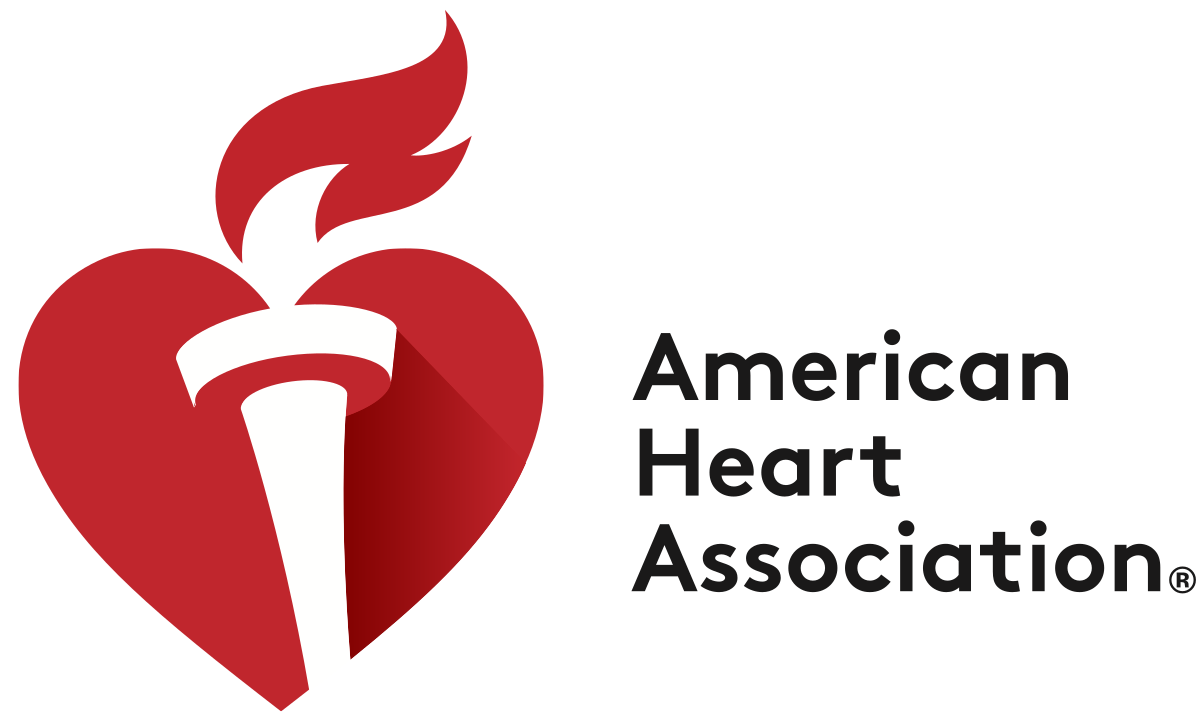![]()
Blog @ SunTech
Advice from the BP Measurement Experts
Can Sleep Quality Impact Your Blood Pressure?
Could poor sleep or not enough sleep lead to an increase in your blood pressure (BP)? It’s not fully understood how and why, but it’s thought that sleep helps regulate stress hormones and helps your nervous system to remain healthy. Over time, lack of sleep could hurt your body’s ability to regulate stress hormones, leading to high blood pressure (hypertension).1
Dr. Michael Grandner, Director of the Sleep and Health Research Program at the University of Arizona, says, “Hypertension is a key cardiovascular risk factor. There are now many studies that have been able to show that insufficient sleep and poor sleep quality are related to the development of high blood pressure and other aspects of heart disease.” Sleep apnea is a sleep disorder in which breathing repeatedly stops and starts. Those with this disorder have been found to be at higher risk of hypertension.2

We reached out to Dr. Andrew Sherwood, Professor of Behavioral Medicine at Duke University Medical Center, to better understand how sleep and blood pressure might be related. The following is an excerpt from our conversation with him.
What links are there, if any, between high BP and a lack of quality sleep?
Obstructive sleep apnea is the sleep disorder that was first recognized to be associated with high BP, with research indicating that it can be causative in the development of hypertension. More recently, poor sleep, and especially insomnia disorder, have become recognized as risk factors for the development of cardiovascular disease (CVD). The pathophysiological mechanisms by which poor sleep conveys CVD risk are not well understood, but likely are multi-fold, with elevated BP and hypertension clearly presenting themselves as key candidate mechanisms. The evidence linking poor sleep to hypertension is presently limited, but observational studies from around the world totaling over 45,000 participants, show that poor sleep quality, assessed subjectively by standardized questionnaires, is associated with an increased likelihood of the presence of hypertension.3 Other studies of adults with insomnia disorder have found that when these individuals are followed over time, they are more likely to develop hypertension than those that do not suffer from insomnia. Although poor sleep and insomnia are now recognized as risk factors for CVD, whether successful treatment of these risk factors will mitigate that risk is currently unknown, emphasizing the need for research both to address that question, as well as to understand the mechanisms involved in the association, including the role of BP.
At what point does lack of sleep lead to an increase of BP in an individual?
Currently, there is insufficient research to provide a definitive answer to that question. Indeed, there may not be a simple, one size fits all, answer. Some studies suggest that on average, less than 6 hours of sleep may increase the risk of developing hypertension. Short sleep duration, especially if coupled with insomnia disorder, may markedly increase the risk for hypertension development. However, the relationship between sleep duration and hypertension does not appear to be linear, but rather more U-shaped, with excessive sleep duration also associated with an increased incidence of hypertension.
What number of hours of sleep are considered ideal for good heart health?
People vary quite markedly in the amount of sleep they need, and we typically need more sleep when we are young and growing than when we reach old age. It is plausible that some adults can manage just fine on just a few hours of sleep every day, without any ill effects. However, based upon research studies, the American Heart Association recommends that most people need 6-8 hours of sleep per night in order to promote good cardiovascular health. The American Academy of Sleep Medicine and the Sleep Research Society recommends at least 7 hours of sleep per night for adults, in order to promote optimal health.
Briefly, what is the theory about how lack of sleep affects BP numbers and the circulatory system? It is a mild to moderate effect in general? Are some people not affected at all?
First, there is clear evidence that when we are sleeping well, BP typically falls 10% or more. So, if we consider the average 24-hour BP to represent the BP load on the heart, then 8-hours of good quality sleep will tend to lower the 24-hour average BP load more than just 4 hours of sleep. We also know that BP during the nighttime sleep period is a better predictor of target organ damage (to the heart, kidneys, brain, and other organ systems) than daytime BP, or BP measured in the doctor’s office. People vary in the extent to which BP falls during nighttime sleep, and some people show much less of a drop in BP during the nighttime sleep period. This “non-dipping” circadian BP profile is also related to target organ damage, and is especially common among African Americans, likely contributing to their higher risk of developing hypertension and CVD. We really do not yet fully understand why some people show a healthy nighttime fall in BP, and others do not. To help answer this question, we are currently conducting a mechanistic clinical trial at Duke University Medical Center that offers the gold standard of insomnia treatment, cognitive behavior therapy for insomnia (CBT-I), to test the hypothesis that improved nighttime sleep quality will lower nighttime BP, and enhance nighttime BP dipping. Potential mechanisms accounting for this hypothesized effect also are part of the study, including reduced nighttime sympathetic nervous sytem activity, reduced arterial stiffness and enhanced vascular function.4
We thank Dr. Sherwood for those very insightful answers to our questions.
Sleep and Blood Pressure
While diet and exercise are extremely important to treating hypertension, sleep is a daily activity that most neglect in their treatment plan. Changing how you sleep and what you sleep on can impact your blood pressure.5 “Blood pressure is one of the best predictors of cardiovascular health”, said lead study author Caroline Doyle, a graduate student in the UA department of Psychology. According to study co-author John Ruiz, UA associate professor of psychology, “It’s not just the amount of time you spend in bed, but the quality of sleep you’re getting.”6
10 Practical Tips for a Good Night’s Sleep
- Increase bright light exposure during the day and exercise daily. Reduce screen time, and blue light exposure in the evening.
- Reduce or eliminate irregular or long daytime naps.
- Don’t consume caffeine late in the day. Alcohol consumption may make some feel sleepier, but be aware that alcohol can have a reverse effect after several hours.
- Choose a lighter dinner and avoid heavy meal 2-3 hours before bedtime, and snacks should be consumed 45 minutes before bedtime.
- At bedtime, turn out the lights. Use room darkening curtains or shades or consider wearing a sleep mask. Ear plugs also aid to block out any noise disturbances.
- Keep the room temperature between 60-67°F (15-19°C).
- Choose a comfortable mattress and pillow and breathable cotton sheets.
- Breathing deeply triggers the body’s relaxation response. If you are having trouble falling asleep, try the following: Hold breath for 7 seconds. Slowly breathe out thru the mouth for 8 seconds – Repeat.
- If you can’t sleep, don’t “clock watch” and lie in bed awake. Get out of bed and move to a different, but comfortable area. Have a warm cup of herbal tea and possibly read a book or magazine until you feel sleepy again. Then go back to bed.
- Stay positive! Learning to de-stress and having a positive outlook is one of the best things you can do to get a good night’s sleep!
References
- Torborg, L. (2017, January 28). Mayo Clinic Q and A: Lack of sleep and risk of high blood pressure. Retrieved 2020, from https://newsnetwork.mayoclinic.org/discussion/mayo-clinic-q-and-a-lack-of-sleep-and-risk-of-high-blood-pressure/
- Tollsen, M. (2020, June 18). Learn How Getting to Sleep Can Ease High Blood Pressure. Retrieved July 07, 2020, from https://amerisleep.com/blog/sleep-affects-hypertension/
- Lo, K., Woo, B., Wong, M., Tam, W. (March 2018) Subjective sleep quality, blood pressure, and hypertension: a meta-analysis. J Clin Hypertens, 20 (3): 592-605
- https://clinicaltrials.gov/ct2/show/NCT04009447?term=Sherwood&draw=2&rank=9
- Aggarwal, B., Makarem, N., Shah, R., Emin, M., Wei, Y., St‐Onge, M., & Jelic, S. (2018). Effects of Inadequate Sleep on Blood Pressure and Endothelial Inflammation in Women: Findings From the American Heart Association Go Red for Women Strategically Focused Research Network. Journal of the American Heart Association, 7(12). doi:10.1161/jaha.118.008590
- Sleepless nights linked to high blood pressure. (2019, June 04). Retrieved July 07, 2020, from https://www.sciencedaily.com/releases/2019/06/190604131159.htm
Interested in getting more SunTech news, product info, as well as
tips, tricks, and insights from BP experts?
Sign up to get fresh content delivered direct to your inbox.



